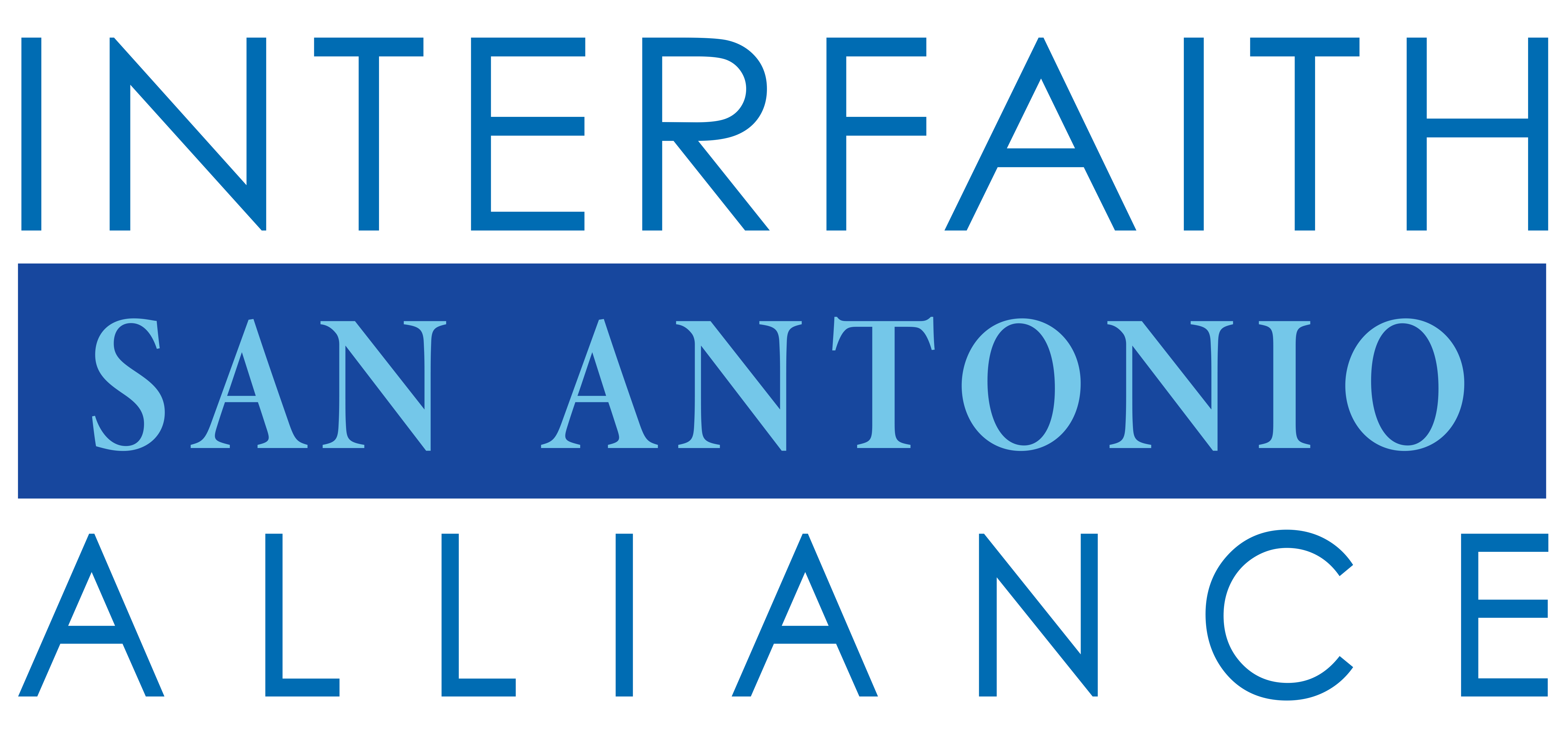Imagine showing up to a party knowing you might just be joining 100 strangers for a chat. Now add to this social anxiety extravaganza a requirement that you talk with these strangers about subjects as personal as the election and how you plan to treat people once the results are known.
This civic exercise in conversation was the Zoom version of a Community Conversation sponsored by Compassionate San Antonio and Interfaith San Antonio Alliance. The theme was Faith in Humanity and the first of this two-part event happened on election eve, the second will be Nov. 16 at 6:30 p.m. Such conversations took place in person before and after the 2016 election, but thanks to technical support from SACRD.org, the event transitioned well into cyberspace. The invitation is to openly dialogue with fellow citizens about difficult issues that don’t necessarily need to divide us.
During the Pre-Election Faith in Humanity Community Conversation one question asked was “Whether your candidate wins or loses, what are some specific ways that you might help yourself and others strengthen mutual faith in humanity? Especially those with whom you disagree.” What would your answer be? On this side of Biden’s acceptance speech now is a good time to take your temperature as to how you’re responding to others.
Six guest “conversation starters” discussed each of three questions to set the tone for the dialogue. Good advice came from Sharon Gubbay Helfer stating, “Don’t reduce people to their candidate. Try to see the fuller person,” and, Bob Fuller shared, “Be consciously naïve. Suspend suspicion of the other side, trust in their sincerity, believing the best and not assuming the worst of others.”
Almost 100 San Antonians gathered via Zoom to share conversation as the nation came to the conclusion of what has been a tumultuous election season overshadowed by the COVID pandemic. The event’s conversation starters were: Bob Fuller, Senior Pastor, 1st Presbyterian Church; Kan’Dace Brock, Co-Pastor, The Message Church and Social Worker, University Health; Marlon Davis, community organizer, Black Lives Matter; Sharon Gubbay Helfer, oral historian and dialogue skills trainer; Jaymie Mangelsdorf, Senior Executive Director for Governmental Relations at University of Texas Health San Antonio; and Simon Salas, Chief Executive Officer, Good Samaritan Community Services.
They were a representative spectrum of community leaders who had no fore knowledge of each other nor of the questions being asked. They simply came in good faith to dialogue as did the audience. This strategy effectively kept the conversation fresh and authentic among the six as they discussed each initiating question. Following the respective question SACRD.org’s Bill Neely used his Zoom skills to send all of the participants into small groups for their own discussions.
The evening was hosted by Ann Helmke, City of San Antonio Faith Based Initiative Liaison and Compassionate San Antonio leader, and Wyndee Holbrook, Executive Director for Interfaith San Antonio Alliance. Helmke was the driving force behind the 2016 and 2020 Pre and Post-Election Community Conversations. Other 2020 team members included Neely, Holbrook, Gubbay Helfer and Jan Olsen of Compassionate SA.
Fuller made a good point in noting, “It is all about relationship and community. Our current crisis is due to lack of relationship.” The project was launched to give people a way forward, first by engaging in meaningful conversations with strangers which then leads to continuing conversations with neighbors, friends and family members. Building trust in diverse relationships is a Community Conversation goal.
Brock shared from her knowledge base in social work reminding us that other perspectives are often deeply rooted within systems and need to be considered thoughtfully, especially when there is disagreement. Consideration is needed in understanding the layers of how people reach a conclusion. Change only happens when people feel safe and accepted as they are. She noted, “(If my candidate loses) I will be experiencing grief and will need boundaries. I will be very selective about having those conversations. Some will only happen in due time.” These are wise words to consider now that we are on this side of the election.
Thinking of the loss of the election as a collective grief for those who were disappointed gives a particular and helpful vantage point. When a person is grieving, they need time and space. It helps to maintain a sense of empathy while acknowledging that you cannot truly understand how another person experiences loss. As Davis shared, “Life, by design, alienates us. We need to connect with people who are vulnerable and need support.”
A conversation participant stated in Chat, “The world needs to unmute. There’s so much noise on social media and yet…in many ways, we’ve still been muted.” Yes, there is so much work to do toward healing our nation and our habits of discord and disagreement, but consider Mangelsdorf’s perspective, “I have an eight year old son, and I have hope for his future. Every day, I look for ways to turn water into wine.” Seeking to make the ordinary extraordinary makes incremental changes to better the world day by day. “No two people are exactly alike, but every two people have something in common,” was an insight from an anonymous eight year old. Acknowledge this wisdom and join The Faith in Humanity Post-Election Community Conversation on November 16 for another opportunity as Salas recommended, “To build deep and active listening skills and attempt to understand someone we don’t have anything in common with.”

